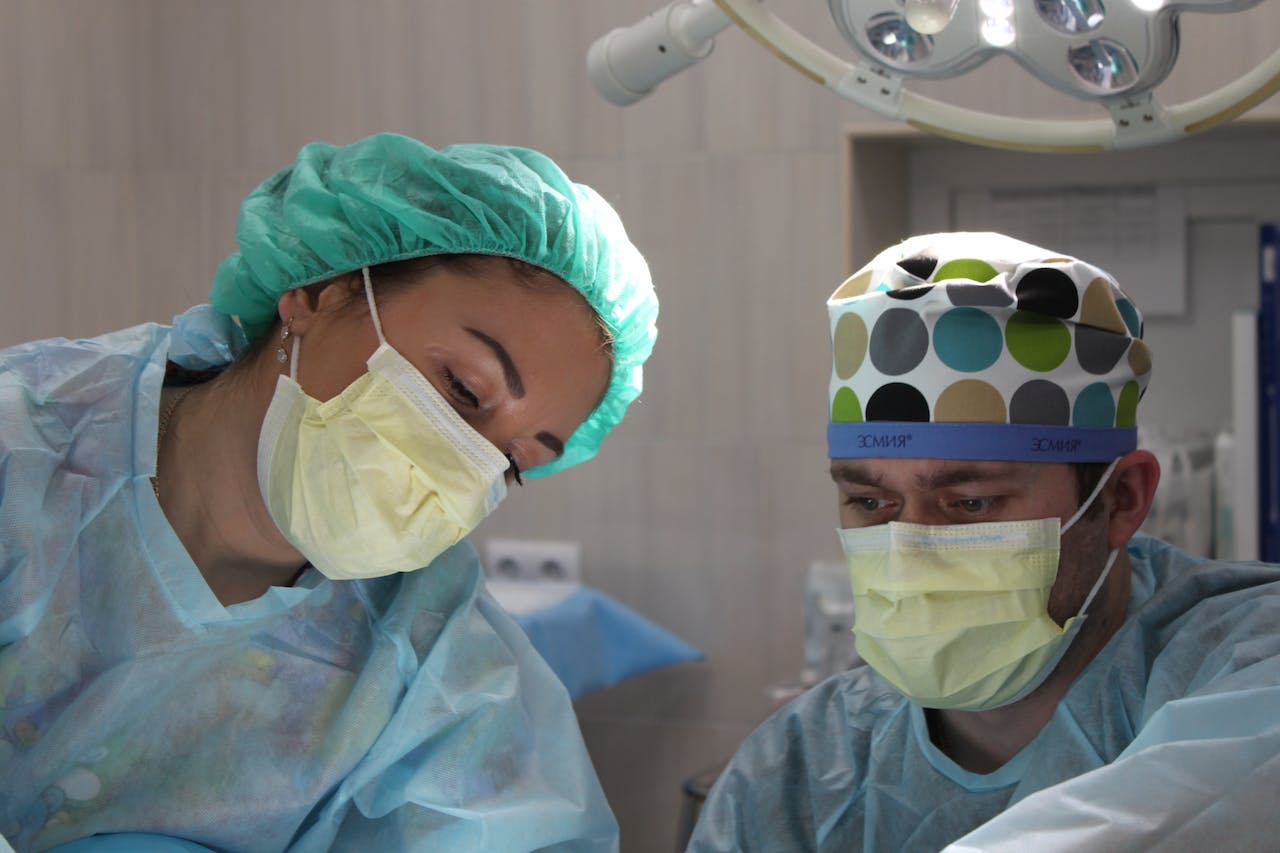The health care sector has many different specialisms to choose from. While we may initially think “doctor” or “surgeon” in truth, it takes a whole team of dedicated individuals to ensure that patients are cared for promptly, efficiently, and given the right level of support to ensure that their care is managed empathically.
Over and over again, we see the same answer from nurses such as ” having an impact on patients’ lives is why I became a nurse”. Nursing is a vocation first and foremost. While the salary and flexibility can be a great asset, the camaraderie and the ability to make a difference in a patient’s life is definitely a big draw for many students.
Nursing is all about the patient. It is a career that helps you save lives, bring happiness to individuals and their families, and comfort to those in need. While caring for patients, who are fighting for their lives can be a challenging experience, nurses still have an elevated level of job satisfaction.
What do nurses do?
The work of a registered nurse is as varied as it is exciting and as stressful as it is emotional. Although most nurses you speak with will tell you they love their job, it must be noted that it’s not an ‘easy’ career to choose. Nurses need to be dedicated and forthright, comfortable dealing with long days, lots of information, tight deadlines, and high stakes decisions.
This list of nursing duties form Study.com is not exhaustive, but it does provide an insight into the role of a general nurse. On any given day, a registered nurse by being called upon to do tasks like:
- Administering medications
- Caring for patients
- Provide emotional support to patients and their families
- Observing and recording patients’ conditions
- Communicating with doctors
- Advise patients on how to self-administer their medication
- Educate the public on disease management, nutritional plans, and medical conditions
The Nursing Hierarchy
The nursing hierarchy can be confusing at first, but broadly speaking, there are a few common career paths one might choose:
- Licensed practical nurses (LPNs
- Licensed vocational nurses (LVNs)
- Registered nurses (RNs)
- Advanced Practice Nurses (APR) of which there are many different specialities.
Licensed Vocational Nurses and Licensed Practical Nurses are considered the more entry-level roles in nursing. They usually work under the supervision of Registered Nurses. They are typically required to have taken and completed a nursing program (often one year long) at either a community college, technical school high school or hospital. LPNs and LVNs are required to pass the National Council Licensing Examination for Practical Nurses (NCLEX-PN) before they can legally work in their field with an obtained license.
The next level up in nursing is a Registered Nurse. Registered Nurses have usually completed a bachelor’s or associate degree program or a diploma in nursing and completed the National Council Licensing Examination for Registered Nurses exams (NCLEX-RN) before obtaining their license.
Many RNs go on to take their Master of Science in Nursing (MSN) or Doctor of Nursing Practice qualifications, allowing them more significant opportunities for specialism as well as a broader choice of working spaces and a higher level of pay.
What qualities make for a good nurse?
Above all else, nurses should be very interested in people. When considering the ideal personality of a nurse in line with the big five personality traits accepted in psychology, one would expect that a good and happy nurse would score highly in both openness and conscientiousness, meaning they are at their best when they are working around people and doing something of meaning and value.
Other character traits such as a love of helping others will serve a nurse well in their career too. Altruism is a difficult thing to fake, meaning that many nurses who lack this trait will not be as satisfied and probably not as good at their chosen career. That’s not to say all nurses need to love people, many strands of the nursing career are more concerned with data and policy, and these may be more suited to some.
Being able to gather a high level of respect is an essential trait for all aspiring nurses of any level. Most days will see the nurse making decisions that could prove very difficult and need to make them fast. If he or she is well respected, they are more likely to be listened to and believed by the patient and their family, allowing decisions to be made faster and care administered more effectively
Along with being able to garner respect from the people around them, nurses must be able to take accountability for their work and for the decisions they make at any given time. Taking ownership over every aspect is vitally important as a nurse, especially taking ownership of your mistakes. Being accountable means being dependable, which is something the wider team will be grateful for.
The most essential quality: compassion
One of the most essential qualities a nurse can possess is compassion. They will be in situations every day that will be challenging, that will be hard, and situations that will push them to the limits of what they thought they were capable of.
When a nurse starts out at the beginning of their career, the things they may see, and experience may come as a shock. Understanding and treating people at their most vulnerable, and coming to terms with the fact that, despite everyone’s best efforts, biology is not always on our side, it can be a tough pill to swallow.
Having a good grounding in compassion and empathy will see most nurses through, though. The inner strength to know when to support a patient and how they need things explained whether that be in minute detail or maybe just someone to sit and hold their hand for a while.
The Challenges and Rewards of Nursing
Nursing, while immensely rewarding, also presents a unique set of challenges. Nurses often find themselves in high-pressure situations where critical decisions must be made swiftly. They deal with life and death scenarios, handle complex medical equipment, and navigate the emotional landscapes of patients and their families. Despite these challenges, the rewards of nursing are unparalleled. Nurses often speak of the profound satisfaction derived from making a real difference in someone’s life, be it through life-saving interventions or providing comfort in difficult times. The gratitude of patients and their families, and the knowledge that every day you are making a tangible difference, is a powerful motivator and reward for many in the nursing profession.
Continuing Education and Professional Development in Nursing
For nurses, the learning never stops. The healthcare field is constantly evolving with new treatments, technologies, and best practices. Hence, continuing education is a cornerstone of a successful nursing career. Many nurses pursue additional certifications in specialized fields like gerontology, pediatrics, or oncology, enhancing their skills and marketability. Professional development through workshops, seminars, and conferences keeps nurses at the forefront of medical advancements. This commitment to ongoing learning not only broadens their expertise but also ensures the highest level of care for patients.
Nurses are nightly known as the backbone of the medical industry, the unsung heroes of the hospital. It’s a career we can and should all be proud of. If you want to pursue nursing as your career, you can check this nursing education website for some information.



